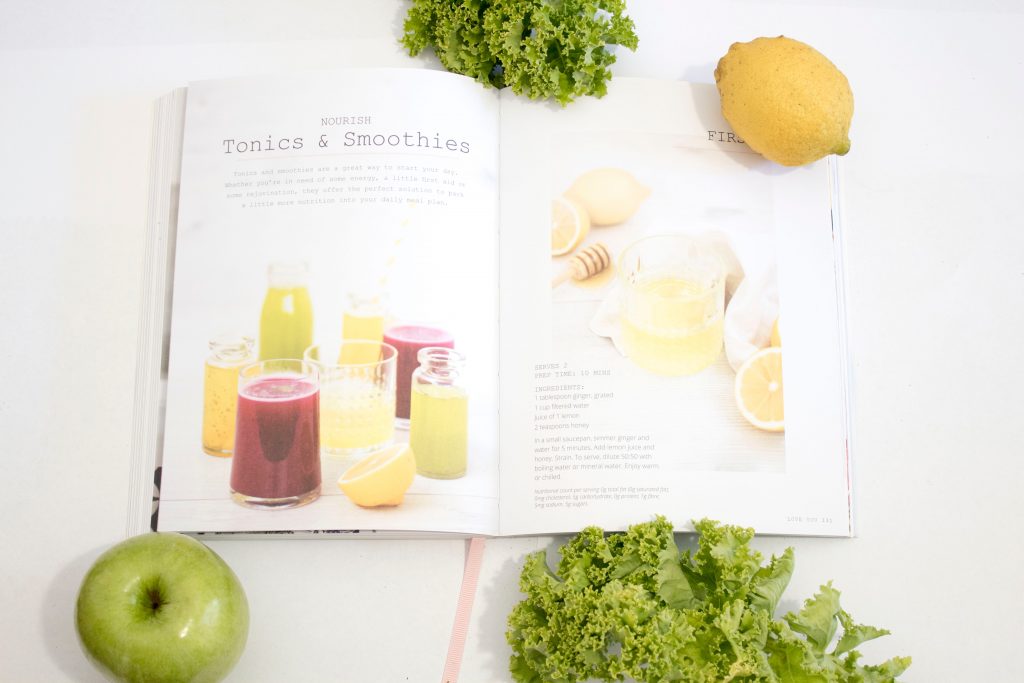How to Write a Great Newspaper Article
FOR STUDENTS
Sometimes, when we read a newspaper article, it might seem that it is quite easy to write one. However, writing an interesting story that will be read from the very first sentence up to the last one takes a lot of skills, knowledge, and experience.

How to write a great newspaper article?
Take time to create a powerful lead
In the newspaper writing, the reader needs to be drawn in from the very beginning and an effective lead plays a crucial role in this. In fact, most of the time, it determines the success of the whole article. If you manage to grab the reader’s attention by means of the lead sentence, it is more than likely that the whole article will be read.
When developing your lead, you need to make sure that you understand why this particular story may be important to someone. You need to show the reader why he should look through your article so choosing a correct focus will help you engage your audience.

Important things to consider when writing a lead:
- An effective lead has one main idea that should reveal all the relevant information in a very concise and clear manner. Summarize your article by incorporating the brief information about who did what, how, where and why.
- Even though the lead should give away enough information about the events discussed further in the article, implementing an element of intrigue and surprise will ensure your story to be read. Avoid predictability at all cost.
- Appealing to the reader’s emotions is an effective way of arousing interest to your text. Depending on the context, you can either make your readers smile or you can create tension. In any case, human touch in newspaper writing is an effective tool of many successful columnists.
- Avoid using jargon and be careful when trying to engage the reader’s emotions. Expressing your thoughts inappropriately might offend or disappoint some people. This might prevent a part of your audience from reading your story further.

What makes up a good body of the article?
- Language. Leave complicated words for scientific textbooks. Simple words are all you need to share your message with the audience without making them feel annoyed with unknown terms and phrases.
- Sentences. These should not be too wordy and ideally, they must consist of up to 25 words in total.
- Numbers. Do not overload the reader’s attention with too many numbers. More than three numbers in one sentence might be too overwhelming, off-putting and ineffective.
- Presenting facts. If you are a newspaper reporter, your writer’s credibility is at stakes each time you present news. Do not underestimate your audience and be particularly accurate with the facts. Double check all data and present only those facts, which you consider to be truthful at least for a moment when the article was created.


